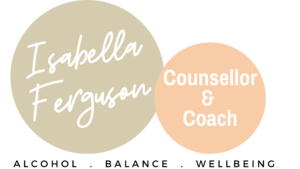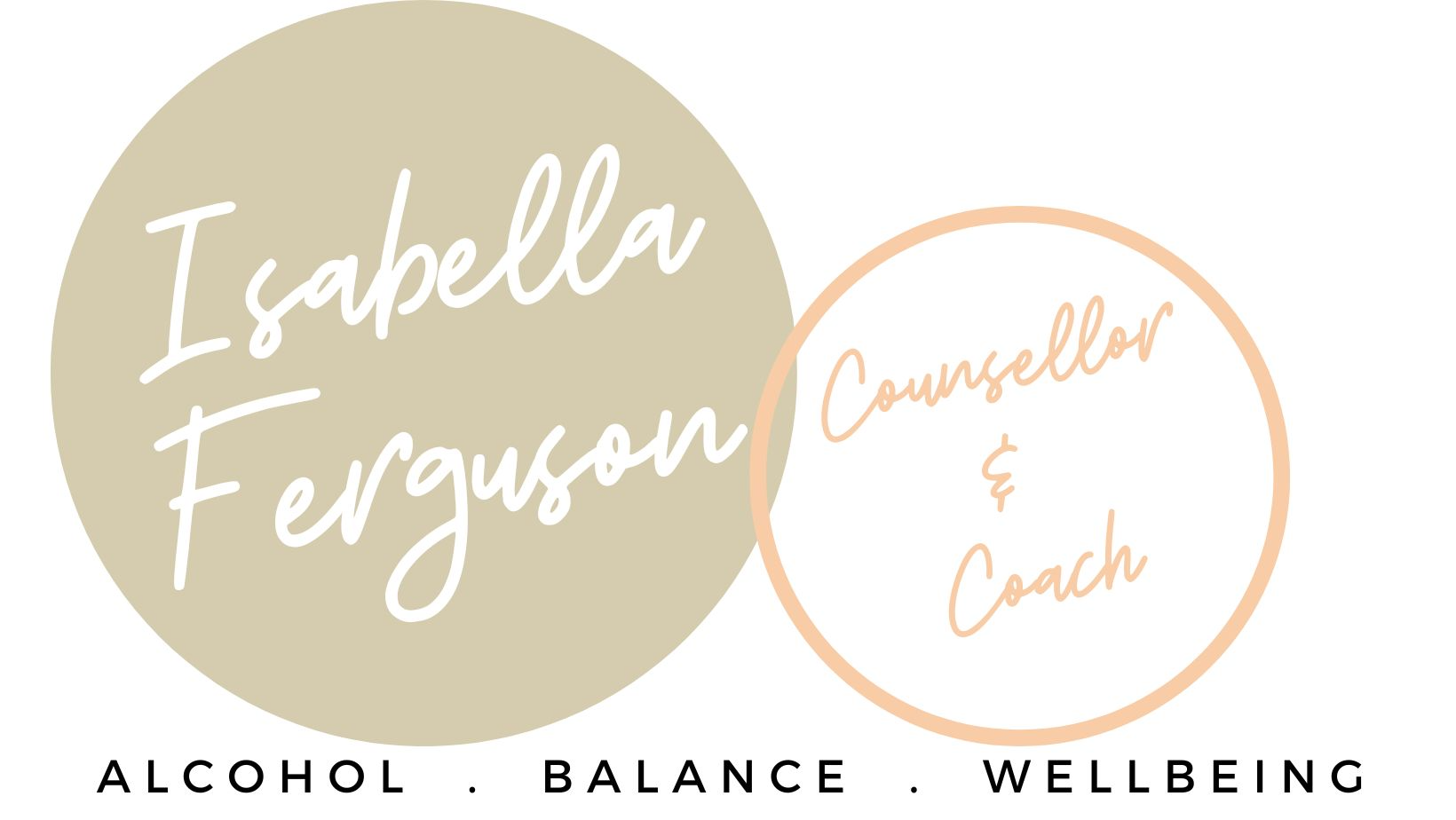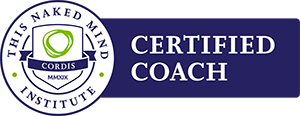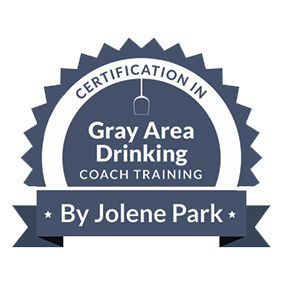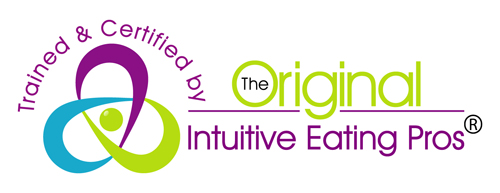There are 101 reasons to support Dry July, but for stressed lawyers a compelling motivation is to feel calmer and less stressed. Restorative sleep, increased joy and greater mental clarity are others. Dry July is for everyone. You do not have to be “big drinker”. You can simply be curious about the health gains that come with less alcohol in your life.
Stressed people drink to cope with stress without realising that alcohol compounds stress levels. Do you start feeling stressed as soon as you wake up and immediately reach for alcohol when you walk in the door after a long day? Perhaps you’re in your mid-40’s, feeling like you are always “spinning 10 plates in the air”, drinking too much and considering committing to Dry July next month to regain some balance.
Taking a break will not fix everything, but it will improve your sleep quality, reduce your stress hormone levels and create space to allow you to reassess your work/life balance. It’s hard to do this when you are constantly fatigued. Plus, it’s a great opportunity to discover who holds the balance of power: you or the bottle.
Here are 5 practical steps you can follow to make Dry July work for you so that you can reap the rewards at the end.
First up, if you are a consistent daily moderate drinker, it is important to consult your doctor before stopping drinking, as you may be physically addicted to alcohol and need a medically supervised detox.
Tip 1: Create Three Lists
List 1: Why do you want to take a break? List 2: What are your fears in stopping? List 3: Why now? These lists will set your intention up front and will remind you why you are doing this when you need motivation. Greater energy, better sleep and weight loss often feature in list 1. List 2 often includes socialising fears, fears around coping with stress and numbing the endless lists, boredom and loneliness. The third list may be that you are worried about where your drinking is heading or you’re worried about how alcohol is impacting your relationships, health or reputation. These are great reasons to give this a red-hot go.
Tip 2: Approach Dry July like an experiment
Look at Dry July as a month of health gains rather than one of deprivation. Define a successful Dry July as one where you learn about your relationship with alcohol and feel better at the end. Do not beat yourself up if you do drink occasionally. Shame and blame will increase your risk of drinking again. Instead, treat it as a learning experience and ask why did I need to drink in that moment and what can I do differently? Approach it with curiosity to learn about alcohol and why it is you drink the way you do.
Tip 3: Learn the science of alcohol
This is key! Did you know alcohol is one of the only substances that is both a depressant and a stimulant that pumps your body with stress hormones (hello 3am wake up!)? Did you know it decreases feelings of joy even when you are not drinking? Learning the science is a big part of the process of changing your drinking habits. Reading This Naked Mind by Annie Grace is a great place to start.
Tip 4: Explore your personal stress response
There are two important things to know here. Firstly, stress is cumulative, building up throughout the day so that by the time you walk in the door it can be hard to resist drinking. Releasing the stress valve regularly throughout the day can greatly improve your chances of resisting alcohol.
Secondly, the way you cope with stress is highly connected to your childhood environment and experience and how your parents coped with stress. Being aware of this is the first step. The next is to retrain your brain and nervous system to develop healthier coping mechanisms that stick. World-renowned neuroscientist, Professor Selena Bartlett, talked about how to train your mindset using the principles of brain plasticity to mitigate stress without reaching for alcohol in episode 34 of the She’s Sober Sydney podcast recently, referring to the stress that lawyers in particular face. She shares some practical tips to improve brain health. It’s a great episode to listen to for motivation in Dry July.
Tip 5: Mindset Shift
We drink because we believe we need it for some reason. We believe that we will gain something from it. To relieve stress? To reward ourselves? To celebrate? These beliefs create the desire. However, none of these beliefs are true and accurate. They are founded on false assumptions and experiences developed over decades from advertising, cultural norms, and our childhood environment.
Get curious over Dry July and put your alcohol beliefs on trial and test them for accuracy. This is the mindset work that ultimately diminishes your desire for alcohol, creating better habits that stick in the long term. Unsure of what your alcohol beliefs are? What are your fears around stopping drinking (Tip 1)? This will reveal some of your beliefs.
Your chances of succeeding are further boosted if you listen to some alcohol-related podcasts or even sign up to a 4- or 6-week course designed to help you drink less.
Conclusion
I work with many lawyers and without fail the word that is used to describe their lives after a break from alcohol is “calm”. The chaos eases as does the tendency to ruminate on work-related conversations and for the first time in a long time they notice a greater degree of calmness.
Good luck if you are embarking on Dry July! Once you have experienced solid sleep, a fresh sense of calm and the mental clarity that accompanies a break from alcohol, it is hard to go back. No one regrets not waking up without a hangover. Finally, reach out for support if you would like to drink less but are finding it hard to do so alone.
*Dry July is a fundraising campaign, raising funds for people affected by cancer. To signup, donate, visit www.dryjuly.com
